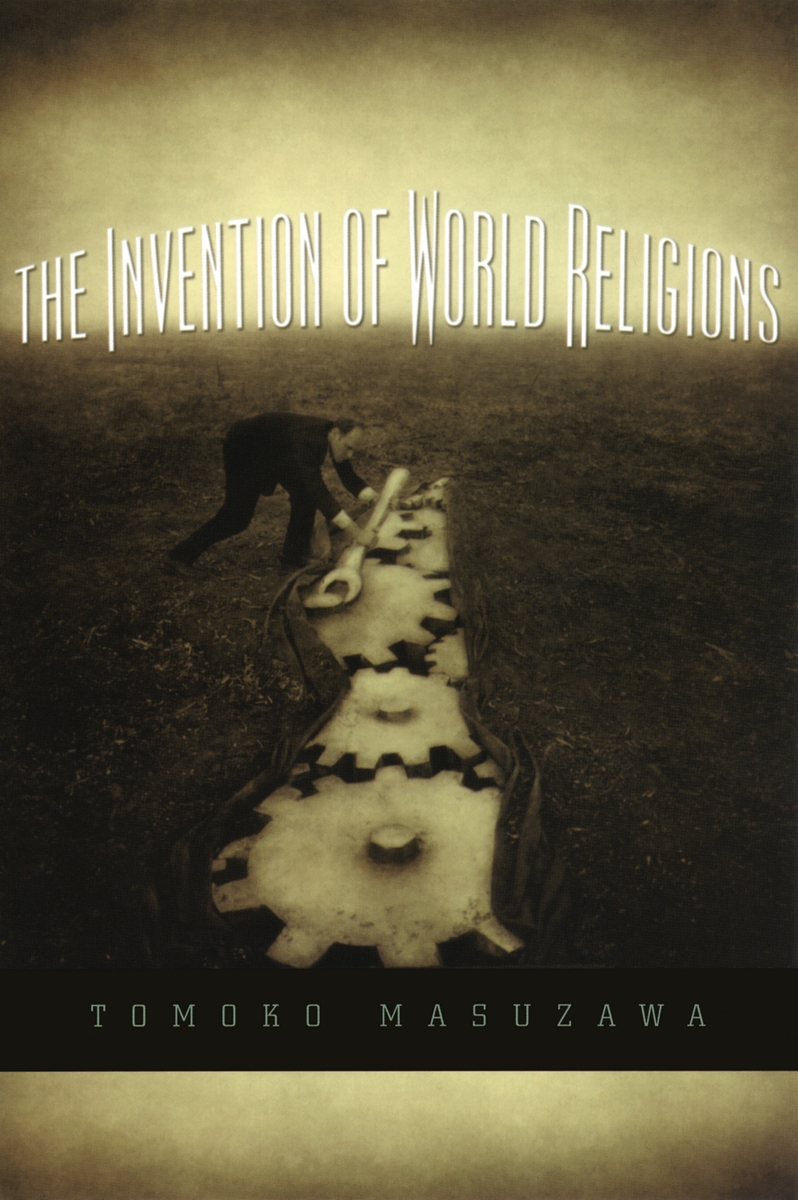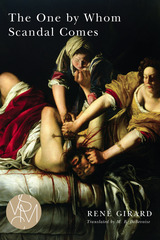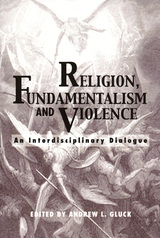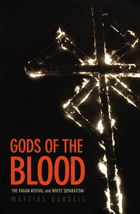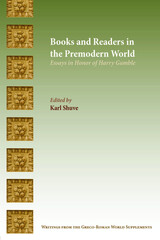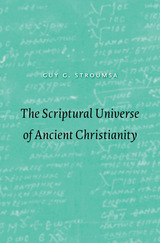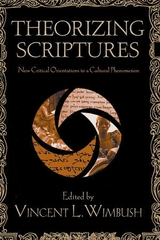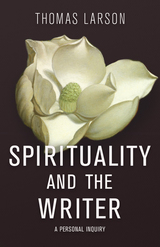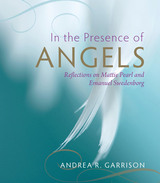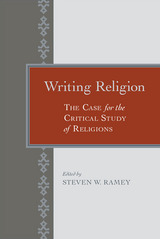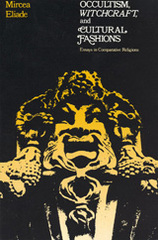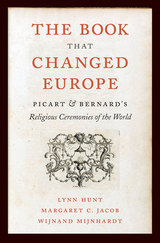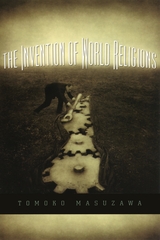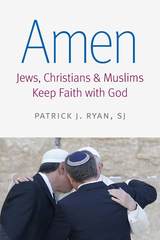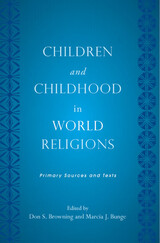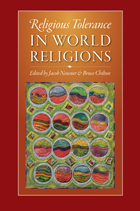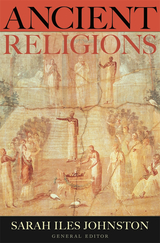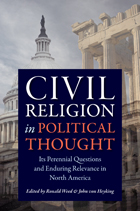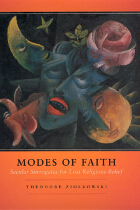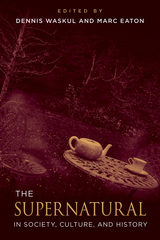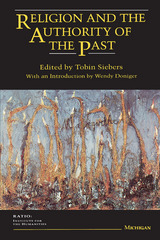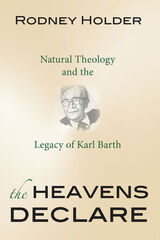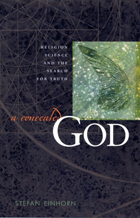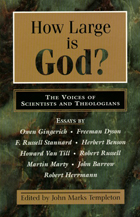The Invention of World Religions: Or, How European Universalism Was Preserved in the Language of Pluralism
University of Chicago Press, 2005
Cloth: 978-0-226-50988-4 | Paper: 978-0-226-50989-1 | eISBN: 978-0-226-92262-1
Library of Congress Classification BL80.3.M27 2005
Dewey Decimal Classification 200.704
Cloth: 978-0-226-50988-4 | Paper: 978-0-226-50989-1 | eISBN: 978-0-226-92262-1
Library of Congress Classification BL80.3.M27 2005
Dewey Decimal Classification 200.704
ABOUT THIS BOOK | AUTHOR BIOGRAPHY | TOC | REQUEST ACCESSIBLE FILE
ABOUT THIS BOOK
The idea of "world religions" expresses a vague commitment to multiculturalism. Not merely a descriptive concept, "world religions" is actually a particular ethos, a pluralist ideology, a logic of classification, and a form of knowledge that has shaped the study of religion and infiltrated ordinary language.
In this ambitious study, Tomoko Masuzawa examines the emergence of "world religions" in modern European thought. Devoting particular attention to the relation between the comparative study of language and the nascent science of religion, she demonstrates how new classifications of language and race caused Buddhism and Islam to gain special significance, as these religions came to be seen in opposing terms-Aryan on one hand and Semitic on the other. Masuzawa also explores the complex relation of "world religions" to Protestant theology, from the hierarchical ordering of religions typical of the Christian supremacists of the nineteenth century to the aspirations of early twentieth-century theologian Ernst Troeltsch, who embraced the pluralist logic of "world religions" and by so doing sought to reclaim the universalist destiny of European modernity.
In this ambitious study, Tomoko Masuzawa examines the emergence of "world religions" in modern European thought. Devoting particular attention to the relation between the comparative study of language and the nascent science of religion, she demonstrates how new classifications of language and race caused Buddhism and Islam to gain special significance, as these religions came to be seen in opposing terms-Aryan on one hand and Semitic on the other. Masuzawa also explores the complex relation of "world religions" to Protestant theology, from the hierarchical ordering of religions typical of the Christian supremacists of the nineteenth century to the aspirations of early twentieth-century theologian Ernst Troeltsch, who embraced the pluralist logic of "world religions" and by so doing sought to reclaim the universalist destiny of European modernity.
See other books on: Invention | Masuzawa, Tomoko | Religions | Universalism | World Religions
See other titles from University of Chicago Press
